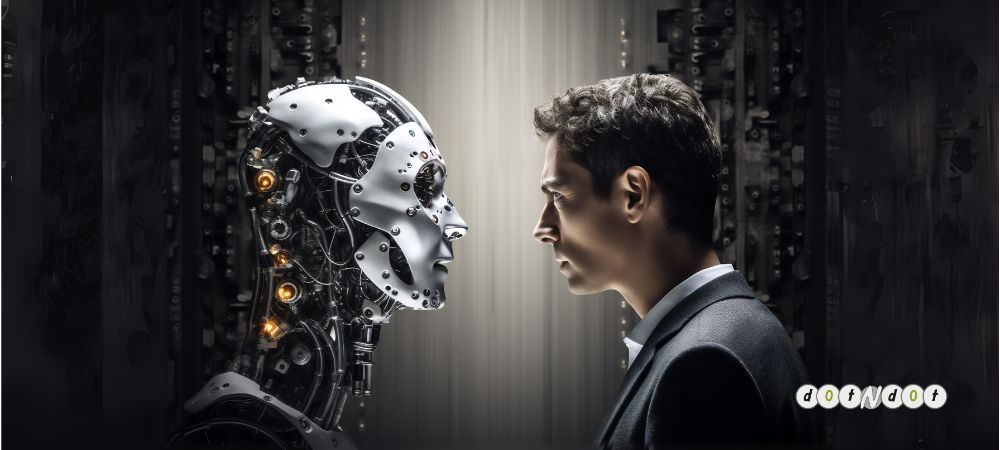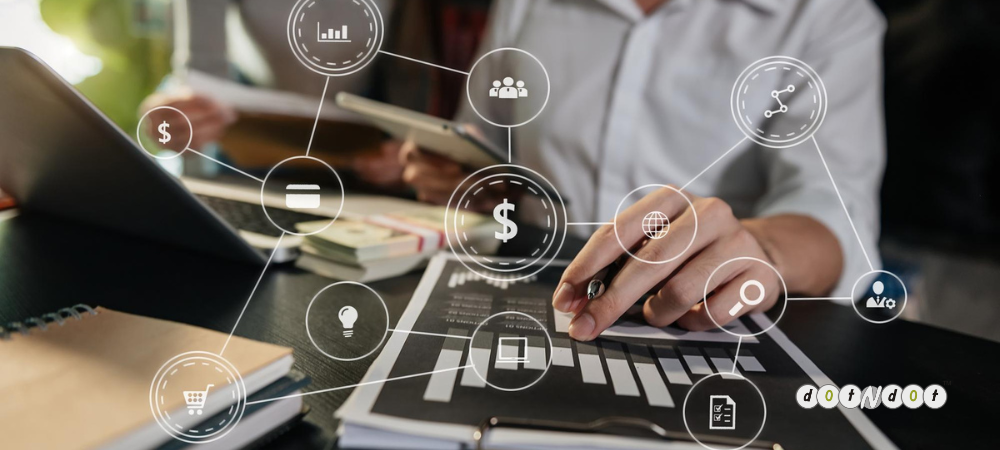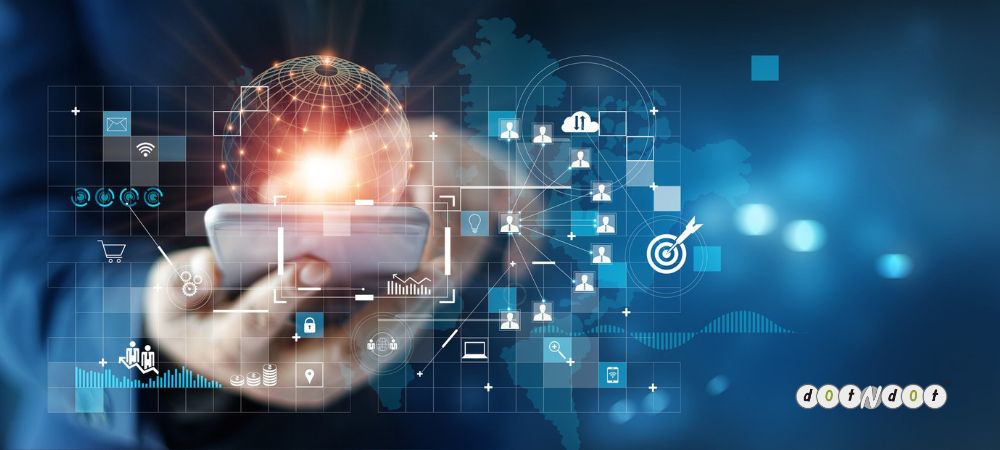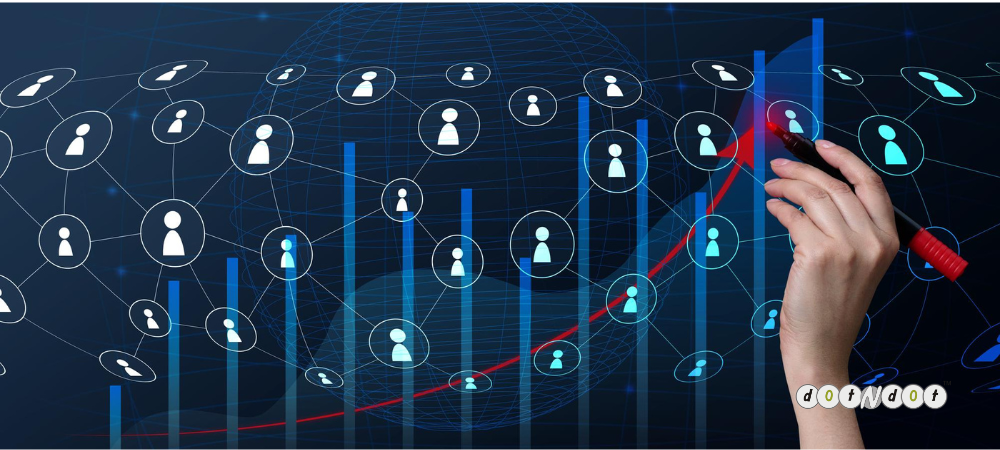
Introducing Artificial Intelligence (AI) into advertising is a significant game-changer transforming the industry’s dynamics. AI, for a long time, has been a buzzword in different sectors globally, with the advertising sector being among the pioneers in its application. Creative agencies have reaped the benefits of AI, hence creating a unique approach to advertising and optimizing their output.
However, there’s also a debate around introducing AI in advertising, where some experts claim that AI’s rise may threaten creativity’s essence, capability, and quality. We’ll explore the emerging friction between AI and human ingenuity in advertising, examine the pros and cons, and suggest the best approaches.
The Battle of Ideas: AI vs. Human Creativity in Advertising
The battle of ideas between AI and human creativity in advertising has been raging for some time now, and it shows no signs of slowing down any time soon.
On the one hand, we have AI, which has been responsible for some ground-breaking advertising campaigns that have resonated with consumers in ways that would have been impossible even just a few years ago. On the other, we have human creativity, which is still capable of coming up with ideas and executing them in ways that AI can only dream of.
One of the most fascinating things about this debate is just how much of a role AI has already played in advertising. For example, many advertising agencies are now using AI algorithms to help them analyze consumer data and identify patterns that they can then use to create more targeted and effective advertising campaigns.
Similarly, AI has been used to create digitally enhanced images and videos that can be used in ads, allowing brands to create truly immersive experiences for consumers.
When Algorithms Meet Imagination: AI vs. Human Creativity in Advertising
The advancements in artificial intelligence and machine learning have revolutionized the advertising industry in recent years, leading to new and innovative ways of reaching audiences. However, the debate among marketers and creatives on whether AI can replace human creativity continues to pose a challenging question.
On one hand, AI can analyze vast amounts of data and consumer behavior, enabling quicker and more precise targeting. It can also generate content based on patterns and formulas, leading to effective campaigns.
Many companies have already implemented AI in their marketing strategies with promising results. For example, Coca-Cola used AI to create personalized ads during the 2018 FIFA World Cup, resulting in a significant increase in sales.
Pushing the Boundaries: AI vs. Human Creativity in Advertising
Human Creativity in Advertising is a hotly debated topic at the forefront of innovative marketing strategies in recent years. While Artificial Intelligence (AI) has made significant strides in improving the efficiency and efficacy of advertising campaigns, there is still an ongoing debate about whether or not AI can replace human creativity entirely.
In the past, advertising was primarily driven by human creativity. However, the emergence of AI has transformed the industry by introducing a new level of efficiency and precision.
AI-powered tools can analyze vast amounts of data from various sources and provide insights that can be used to create highly targeted and personalized ads. Moreover, AI can also automate the entire ad creation process, significantly reducing the time and effort involved.
The Future of Advertising: AI or Human Creativity?
As advertising continues to evolve, the debate around whether to rely on Artificial Intelligence (AI) or human creativity becomes more compelling. AI-powered advertising has gained popularity in recent years, and numerous companies have already embraced it to automate their ad campaigns. Meanwhile, many of the world’s top agencies believe that human creativity is essential to effective advertising.
AI technology is becoming increasingly sophisticated. It can take care of everything from identifying target audiences to creating personalized messages to automating ad placement. By utilizing AI to analyze consumer preferences and behaviors, advertisers can better understand what resonates with their audience, decreasing the chances of creating uninteresting content.
The Art of Persuasion: AI vs. Human Creativity in Advertising
Advertising is an integral part of our lives, and it is constantly evolving. The rise of Artificial Intelligence (AI) has sparked a debate on whether it is more effective than human creativity in persuasion. AI is becoming increasingly popular, and it is crucial to examine its impact on the advertising industry.
One of the advantages of AI is its ability to gather and analyze large amounts of data. It can study people’s behavior and predict their preferences, making it easy for advertisers to target specific audiences. With AI, advertisers can create personalized advertisements that resonate with their target audience, leading to higher conversion rates.
However, AI has its limitations. It lacks the emotional intelligence and creativity of human beings, which is necessary to create persuasive adverts that are impactful. Human creativity allows for humor, emotions, and storytelling in advertising, which is more engaging and memorable than AI-generated content. Humans can also create advertisements that evoke specific emotions, such as nostalgia, excitement, or empathy, essential in building brand loyalty.
Minds or Machines: Unleashing Creativity in Advertising
The advertising industry has witnessed a significant shift in recent times from traditional methods to more unconventional, creative approaches. One of the essential contributors to this shift has been the emergence of artificial intelligence and machine learning technologies, which have given rise to a new era of creativity and innovation.
While machines have traditionally been associated with logical, analytical thinking, they have drastically evolved to become highly creative and innovative. This has resulted in devices being able to analyze large amounts of data, understand consumer behavior patterns, and generate unique insights that can be tailored to suit specific advertising campaigns.
Unmasking AI: Can it Match Human Creativity in Advertising?
Artificial Intelligence (AI) has been at the forefront of the advertising industry for many years. This technology has revolutionized the way we think about marketing and has offered new opportunities for creativity and innovation. However, there has been a growing debate in recent years about whether AI can match human creativity in advertising.
One of the arguments for AI’s potential to match human creativity is its ability to analyze vast amounts of data and generate customized content. AI algorithms can sift through demographic and behavioral data to create targeted and dynamic advertising campaigns that resonate with customers on a personal level. This personalized approach can provide a higher level of engagement and interaction with the target audience, leading to a higher conversion rate.
Creativity Unleashed: AI vs. the Human Mind in Advertising
As the age of artificial intelligence dawns upon us, it is undeniable that the use of this technology in advertising has become increasingly prevalent. Companies are leveraging the capabilities of AI to analyze consumer data, detect patterns, and, in turn, deliver more targeted advertisements. As a result, it is giving advertisers the ability to reach consumers in a more tailored way, thus rendering traditional advertising methods obsolete.
However, the question that arises is whether or not AI will completely replace the human mind in the realm of advertising. While AI offers many benefits, the human mind still possesses certain advantages over AI. For instance, the human mind can make intuitive decisions and understand consumers’ emotions. It can comprehend deeper emotions and connections, which AI is not yet capable of doing.
Creative Warfare: AI vs. Human Creativity in Advertising
In recent years, artificial intelligence (AI) has revolutionized many industries, including advertising. AI-powered algorithms and technologies are now capable of producing advertising content with impressive speed, accuracy, and precision. However, there is an ongoing debate about whether AI can genuinely replace the creativity and sensibility of human beings in this field.
On the one hand, proponents of AI argue that algorithms can analyze vast amounts of data and generate insights that humans may not have thought of. This includes analyzing consumer behavior, market trends, and social media activity to target ads to specific audiences in a more effective way.
AI-generated ads can be customized in real-time to match the preferences and behaviors of individual consumers, leading to higher engagement rates and conversions. Overall, AI can improve the efficiency and effectiveness of advertising campaigns.
Conclusion:
AI is growing and must be integrated across different industries worldwide, including advertising. Although there might be fears that AI’s rationality will undermine human creativity, the benefits of AI vastly outweigh the drawbacks.
AI can help creatives make informed decisions with data instead of baseless guesses and minimize errors while improving the timing of ad placement across channels. AI and human creativity do not have to be mutually exclusive; rather, it’s crucial to strike a balance between the two.
AI can be a tool to complement the insights and creativity of Human Professionals, enabling improved, highly refined, and efficient advertising campaigns. Thus, AI in advertising is an emerging innovation that must be addressed in the advertising world.



